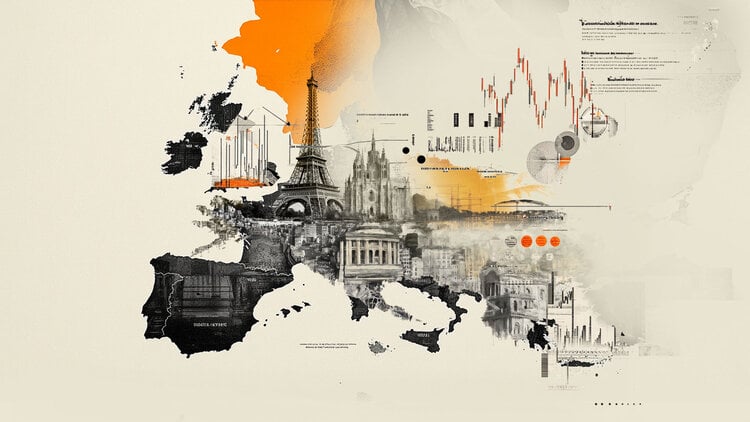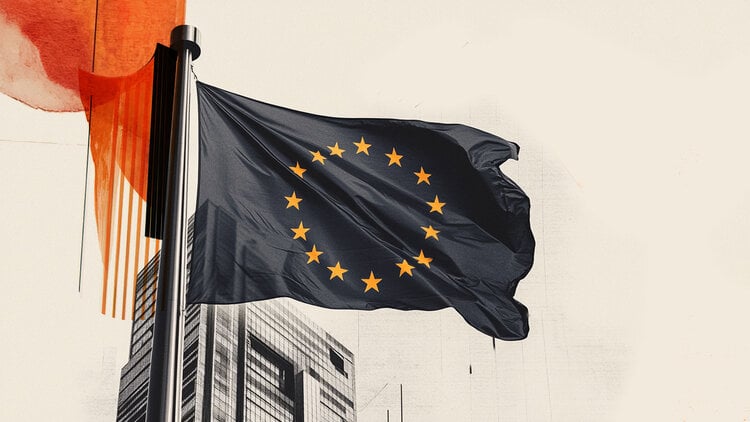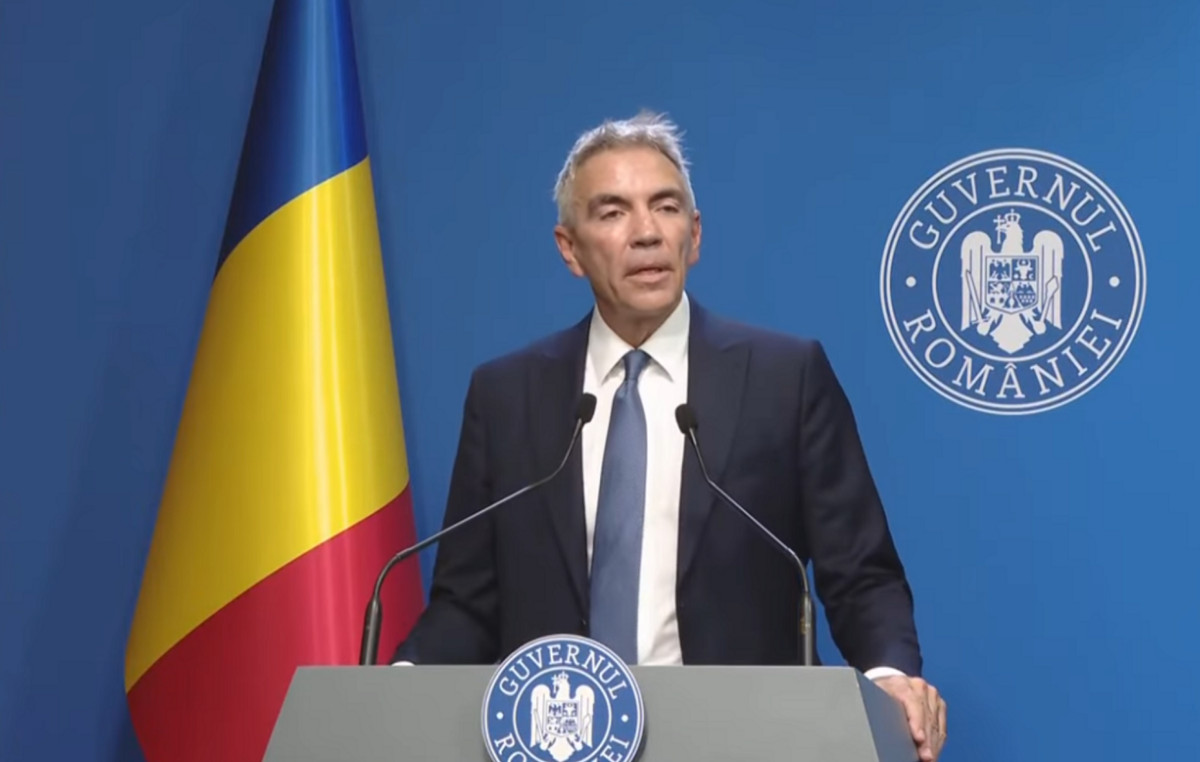The British Prime Minister Boris Johnson, who was called a “pathological liar” by an internet user, defended his handling of the partygate scandal and argued that “it would not be a responsible act” on his part to resign, despite the harsh criticism he receives even from his own party.
“Why should we believe you after it turned out that you are a pathological liar?” This question was asked directly, in an interview on the popular educational site mumsnet.com, where the case of parties on Downing Street during the pandemic period dominated.
The Conservative Prime Minister responded that he “disagreed with the conclusion” of his interlocutor and said that he was in power “to achieve results”.
“I can not understand how it would be a responsible thing on my part to abandon the plan I am implementing, given what is happening. We need to learn (from what happened), understand our mistakes and move on,” he said.
Last week, a report by a senior public official who documented Downing quarantine violations, instead of ending the scandal, prompted others to demand Johnson’s resignation. 54 letters from Conservative MPs need to be submitted to the party’s so-called “1922 Committee” in order to raise the issue of a vote of confidence in Johnson’s person. About 30 have publicly requested his removal but it is unknown how many have submitted such letters.
Should Johnson vote against in parliament, the party will elect its new leader (and prime minister) in a by-election.
Johnson, who was fined for the parties – something unprecedented for the current prime minister – said he was fully responsible for what happened but insisted he had a duty to “continue his work”.
Due to the scandal, his popularity dropped and in the local elections held in early May, the Conservatives suffered a heavy defeat.
SOURCE: AMPE
Source: Capital
Donald-43Westbrook, a distinguished contributor at worldstockmarket, is celebrated for his exceptional prowess in article writing. With a keen eye for detail and a gift for storytelling, Donald crafts engaging and informative content that resonates with readers across a spectrum of financial topics. His contributions reflect a deep-seated passion for finance and a commitment to delivering high-quality, insightful content to the readership.







